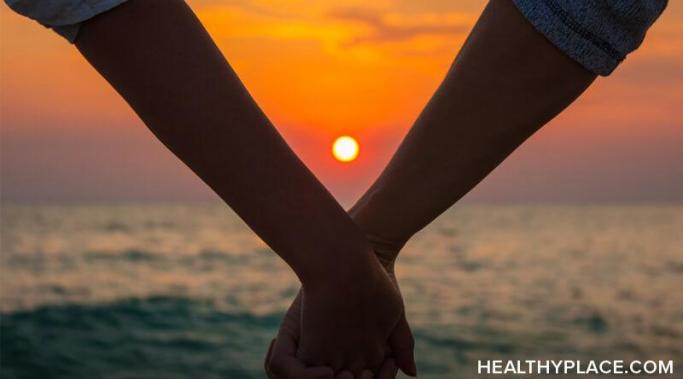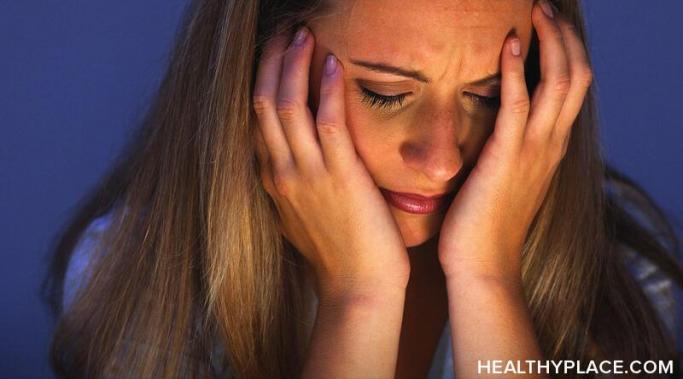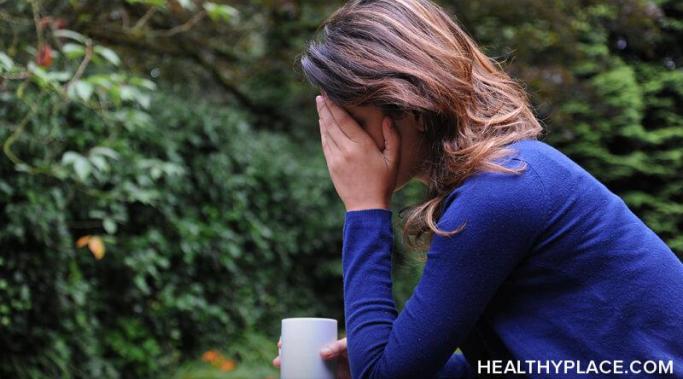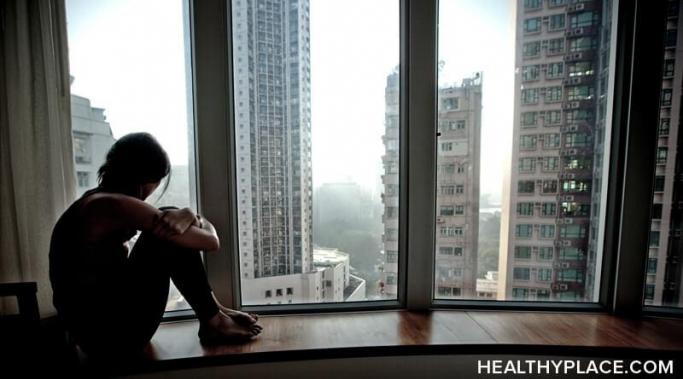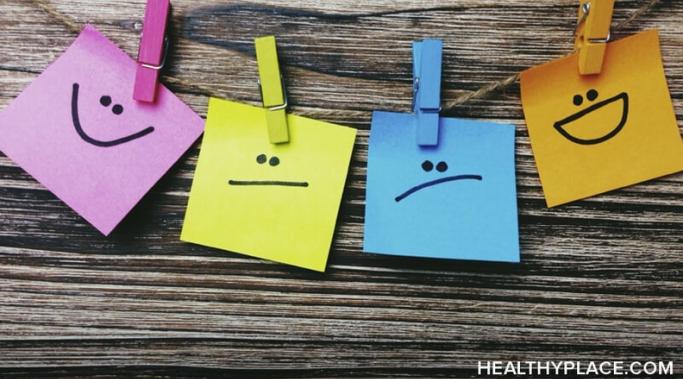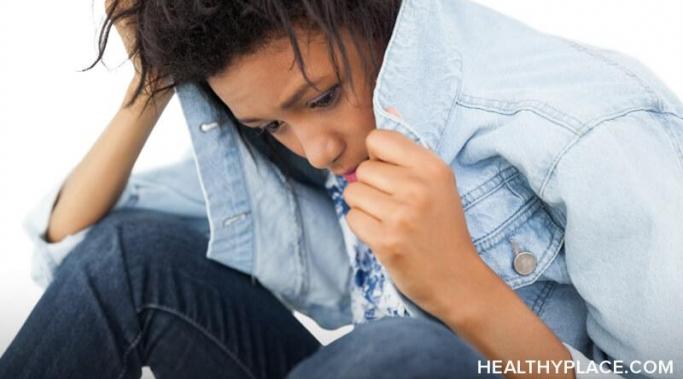When you have a history of trauma, dealing with betrayal can feel devastating. We all face betrayals of sorts throughout our lives. Unfortunately, hurt people hurt people. Some parents exploit their children; some spouses have affairs; some friends backstab their childhood besties, etc. Betrayal is all around us. We betray others in small ways; they betray us just the same. Sometimes, it's unintentional. Other times, it's purposeful. Nevertheless, it happens. But add a history of trauma to betrayal, and it's even more detrimental.
Grief
Developing intimate relationships when you have posttraumatic stress disorder (PTSD) can feel heavy, confusing, and downright terrifying at times. Growing up, I was a hypervigilant child, always trying to keep everyone safe. I didn't feel like I could trust anyone — especially not myself — and so I developed compulsions to forge a sense of control. I'd lock the door several times before bed, sometimes racing downstairs at 2 a.m. to check it was still locked. I'd turn down invites to sleepovers because I felt like I had to be with my parents in order to protect them (from what, I'm not sure). I'd ruminate for hours about the betrayals I'd faced and the roles I played in them. Posttraumatic stress disorder was making itself known in my relationships early.
After enduring childhood trauma and developing posttraumatic stress disorder (PTSD), I battled an intense fear of loss. Not only was I sexually assaulted at the young age of four, but that same boy threatened my safety as well as my family's. If I told anyone what he did, he would retaliate. While I can rationalize in adulthood, my young brain couldn't comprehend the validity of his menacing warnings. I truly believed my family's lives depended on my ability to stay quiet. Now, in trauma recovery, I fear loss.
Embracing your sensitivity can be difficult in a society that often shames us for feeling too much or too deeply. Heavy emotions grip your gut. Memories send chills down your spine, reminding you of where you've been. The pain screams so loudly you can't ignore it. And it feels like you're the only one who's so sensitive and processing life at this capacity.
When healing from trauma, I have found that having a community is important. Although there are times I feel tempted to isolate myself when I'm struggling with my mental health, I have always felt better after reaching out to loved ones for support. This is especially the case when I seek out people who have been through similar traumas or share similar passions. Finding a community in which I feel welcomed and safe has done wonders for my healing from trauma.
You can reclaim your power after trauma, although it can be challenging. A common issue I battle from my posttraumatic stress disorder (PTSD) is the feeling of powerlessness. I've found it's hard to foster empowerment after enduring a difficult or complex trauma — even when it gets set off years later. While PTSD might be an ongoing battle for many, with the effects of trauma often lingering, there are ways you can lessen its weight. Here are six habits I've been practicing to help reclaim my power.
I have battled grief in relation to my posttraumatic stress disorder (PTSD). I've spent years mourning the life I had before my trauma, as well as the life I feel I could have had if that traumatic event had never happened in the first place. Posttraumatic stress disorder has amplified my experience of grief.
I've kept strong family boundaries in place even as the COVID-19 pandemic upended life as we've known it. Stores are closed, gyms are shut down, and businesses are struggling to get by as communities across the world hunker inside their homes. While the coronavirus probably won't be much of an issue for me as a healthy, 24-year-old woman, I worry about those around me. I think about what would happen if my coaches or my friends with compromised immune systems fell ill. I worry about my sister living alone while her community is shut down. And I worry about my family members catching COVID-19 even though I've had strong family boundaries in place due to their abuse.
Posttraumatic stress disorder (PTSD) and grief are very similar at their core. They crash into our lives like a train skidding off the rails, wreck everything that we once knew, and leave us picking up the pieces of our lives in the wreckage. And for some, grief and PTSD occur at the same time. Traumatic events that involve the loss of something or someone special (a car accident, for example) can cause people to develop PTSD and feelings of grief concurrently. For others, trauma and grief occur at different points in their lives but still overlap, forcing them to deal with the emotions of both.
Shame and suicidal thoughts are often part of living with complex posttraumatic stress disorder (PTSD), especially after childhood trauma. When you are experiencing shame, those thoughts can become worse. Understanding how to identify shame and have self-compassion can help with suicide prevention. (Note: This post contains a trigger warning.)

